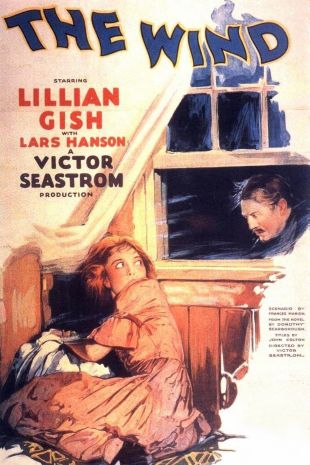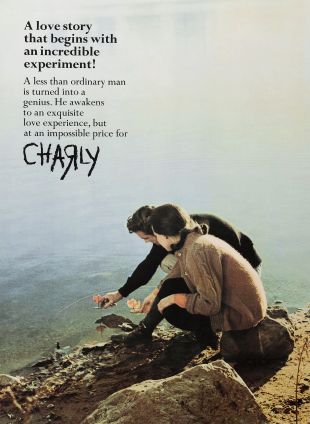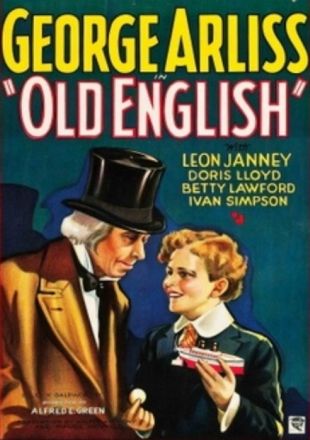Leon Janney (born Laon Ramon in Ogden, UT) was directed to a performing career virtually out of the womb -- his mother had entertained notions of an acting career, only to be forced by social convention to abandon them. Instead, her son became her surrogate, making his first theatrical appearance at the age of two, reciting Winken, Blynken, and Nod before an audience at the Pantages Theatre in Ogden, UT, in 1919. He spent the next seven years working in vaudeville, and also made his first appearance on radio in 1926, making the leap to legitimate theater soon after. Janney's movie debut came just a couple of years later, in Victor Sjöström's The Wind (1928), no less, starring Lillian Gish. Renowned as a quick study, he learned stagecraft from the older actors around him, carefully absorbing everything they told him about acting, so that he was a veteran by the time he entered talkies in 1930 with Courage, playing Bill Colbrook, the good-natured member of Belle Bennett's greedy household; and Old English, made that same year, in which he appeared alongside George Arliss, one of the most respected actors of the era. Janney played in a string of movies portraying the boyhood incarnations of such top stars of the day as Ricardo Cortez, Reginald Denny, and Conrad Nagel, and also appeared in one Our Gang (aka Little Rascals) comedy, Bear Shooters (1930). Ironically, he was too old and also too mannered an actor by then to fit into the Hal Roach-produced film shorts, and that marked his only appearance as a Little Rascal. The Booth Tarkington-based Father's Son and Penrod and Sam (both 1931) proved somewhat more successful, and for a time, before the arrival of Freddie Bartholomew, Janney was considered the quintessential male juvenile star, occupying a niche that Shirley Temple would occupy (and eclipse) on the distaff side just five or six years later. Janney quickly aged out of juvenile roles, however, and he also later bitterly recalled this part of his life, and the loss of his childhood; he couldn't walk down the street without being mobbed by kids, and almost never got to live like a normal boy or enjoy the things he should have been enjoying. Audiences loved him, and he was earning over 100,000 dollars a year from 1930 through 1933, but he later professed to loathing every minute of it except the acting.
Caught at an "awkward age" in his mid-teens, Janney turned to radio and became a star once again, in the series The Parker Family, playing all-American boy Richard Parker. He preferred theater work to almost anything else, however, and juggled the two fields for years, also becoming a master dialectician on the radio. Janney received a draft deferment at the outset of the Second World War and kept working. However, he became fascinated with languages and entered a Russian program at Cornell University which he mastered in record time. That newly acquired skill made him newly attractive to the army, which drafted him and put him into service as a translator. He returned to civilian life after the war and resumed his career out of New York -- this precluded his doing much film work, but gave him an early leg up in the new field of television, as well as keeping him busy in radio for years to come.
Janney became a key member of AFRA (later AFTRA), the union representing radio (and later live television) performers, as well as in Actor's Equity. A master parliamentarian, he was a formidable debater and a tireless union activist. This landed him in trouble with the dawn of the "Red Scare" -- he was denounced, along with Burgess Meredith, Howard Da Silva, and others, and soon found himself blacklisted from broadcast work. For Janney this wasn't as much of a hardship as it may have been for others, however, because he preferred theatrical work and was almost never short of roles or work, even when television closed down on him. He continued to get good roles and great reviews throughout the '50s, in works as different as School for Scandal (as Sir Benjamin Backbite) and The Gazebo. He also made the papers during 1958 in a tryout performance of the latter, as the police inspector, for uttering his opening line, "Where's the body," and then immediately collapsing unconscious on-stage with a gall bladder attack. In 1959 he made his first film appearance in more than a decade, playing a sympathetic guard in the death house prison drama The Last Mile, and was back working on television regularly by the start of the 1960s. Janney was also the spokesman for the New York Mets in their Rheingold beer commercials for the team's first two seasons (1962-1963), until the client switched agencies. Also, his Russian skills -- which probably helped get the finger of political suspicion pointed at him in the late '40s -- served him in good stead when Actor's Equity needed to establish relations with the visiting Moscow Arts Theatre. He was later a regular on Another World and The Edge of Night.


